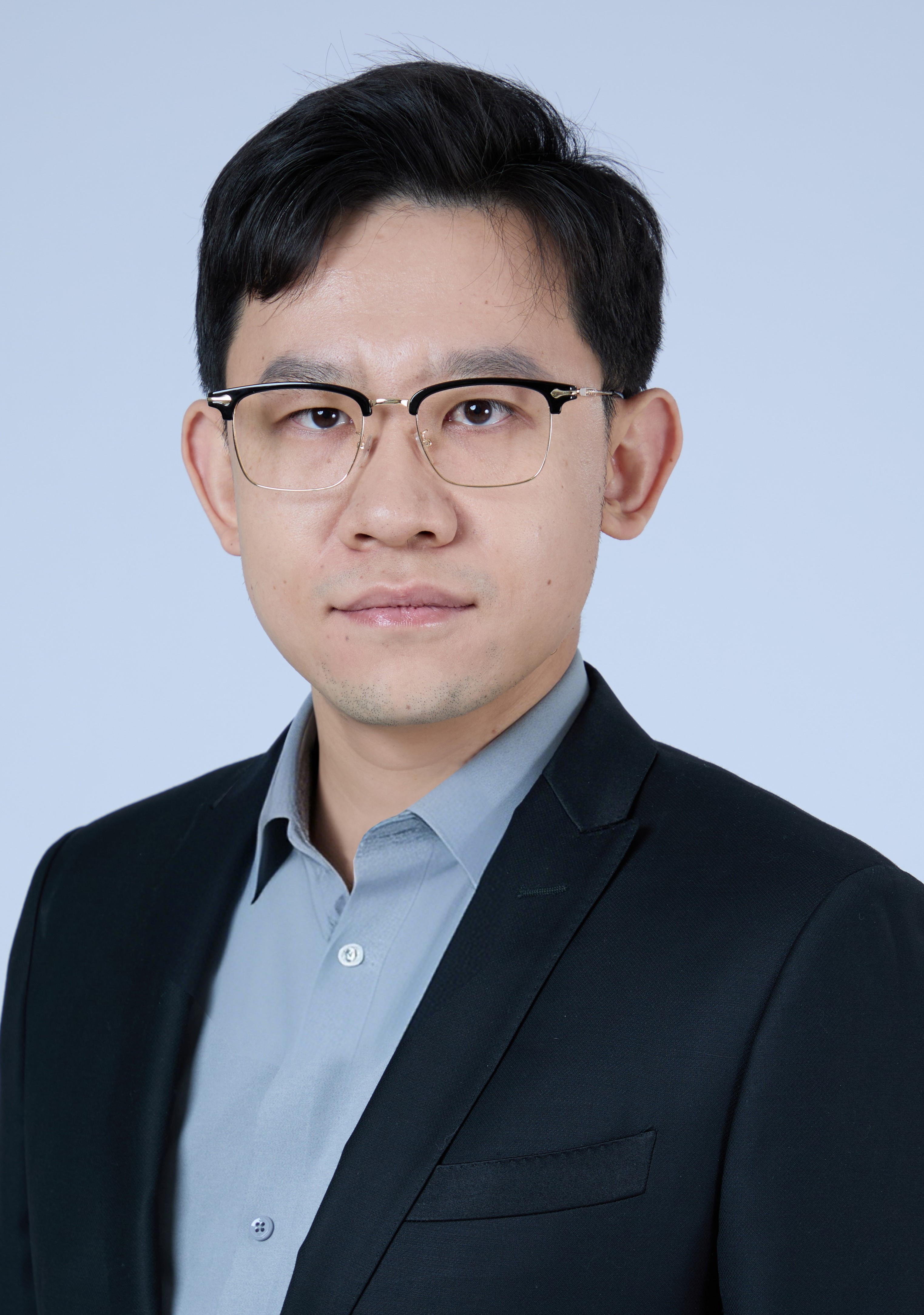 Peng Peng
Peng Peng
Chemical Engineering for Energy and Resource Utilization
Peng Peng is a doctoral supervisor at the Institute of Process Engineering, Chinese Academy of Sciences, and deputy director of the State Key Laboratory of Mescoscience and Engineering. Prof. Peng obtained his B.S., M.S., and Ph.D. degrees from University of Minnesota-Twin Cities, and conducted postdoctoral research at Columbia University and Lawrence Berkeley National Laboratory (LBNL). Prior to joining the Chinese Academy of Sciences, Prof. Peng was a Research Scientist at LBNL, and the Principal Investigator (P.I.) of multiple projects funded by the U.S. Department of Energy (DOE). Prof. Peng was the Hydrogen lead of DOE's Transformative Pathways for U.S. Industry, the LBNL lead of DOE's 2024 PV Cost Benchmark, and the recycling lead for the Model Quality and Performance Guidelines for Off-Grid Refrigerating Appliances (United Nations Environmental Programme).
As a licensed Professional Engineer (P.E.) in the U.S., Prof. Peng also served as senior research personnel for DOE's Hydrogen Materials Advanced Research Consortium (HyMARC), Industrial Efficiency & Decarbonization Office (IEDO, now Industrial Technologies Office) Strategic Analysis team, and the HydroGEN Advanced Water Splitting Materials Consortium.
Prof. Peng’s work has been published (as first and/or corresponding author) in peer-reviewed journals including Nature Energy, Nature Sustainability (front cover), ACS Energy Letters, Applied Energy, etc. His work has been featured in Nature's Research Highlight and Nature Sustainability's News & Views, and has been reported in Science News.
1. “Transformative pathways for U.S. industry: unlocking American innovation”. U.S. Department of Energy, 2025
2. “Model quality and performance guidelines for off-grid refrigerating appliances”, United Nations Environment Programme, 2023
3. Wang, X., Breunig, H., & Peng, P.*, "Broad range material-to-system screening of metal-organic frameworks for hydrogen storage using machine learning”. Applied Energy, 2025, 383, 125346
4. Yang, L.#, Peng, P.#, Weger, N.#, Mills, S., Messeri, C., Menon, A.K., Zeltmann, S., Babbe, F., Zheng, Q, Dun, C., Zhang, C., Urban, J.J., Minor, A.M., Prasher, R.*, Breunig, H.*, & Lubner, S.*, “Self-heating conductive ceramic composites for high temperature thermal energy storage”. ACS Energy Letters, 2025, 10, 1002-1012
5. Benoliel, P., Taylor, M., Coburn, T., Desai, R.R., Schey, S., Gerdes, M., & Peng, P.*, “Soft costs and evse – knowledge gaps as a barrier to successful projects”, Applied Energy, 2025, 389, 125749
6. Peng, P., Jiang, H.Z.H., Collins, S., Furukawa, H., Long, J.R., & Breunig, H.*, “Long duration energy storage using hydrogen in metal–organic frameworks: opportunities and challenges”. ACS Energy Letters, 2024, 9, 2727–2735
7. Peng, P. & Shehabi, A.*, “Regional economic potential for recycling consumer waste electronics in the United States”. Nature Sustainability, 2023, 6, 93-102
8. Peng, P.*, Su, J., & Breunig, H.*, “Benchmarking plasma and electrolysis decomposition technologies for ammonia to power generation”. Energy Conversion and Management, 2023, 288, 117166
9. Peng, P., Anastasopoulou, A., Brooks, K., Furukawa, H., Bowden, M.E., Long, J.R., Autrey, T., & Breunig, H.*, “Cost and potential of metal-organic frameworks for hydrogen back-up power supply”. Nature Energy, 2022, 7, 448-458
10. Peng, P. & Park, A.H.A.*, “Supercritical CO2-induced alteration of polymer-metal matrix and selective extraction of valuable metals from printed circuit boards”. Green Chemistry, 2020, 22, 7080 -7092